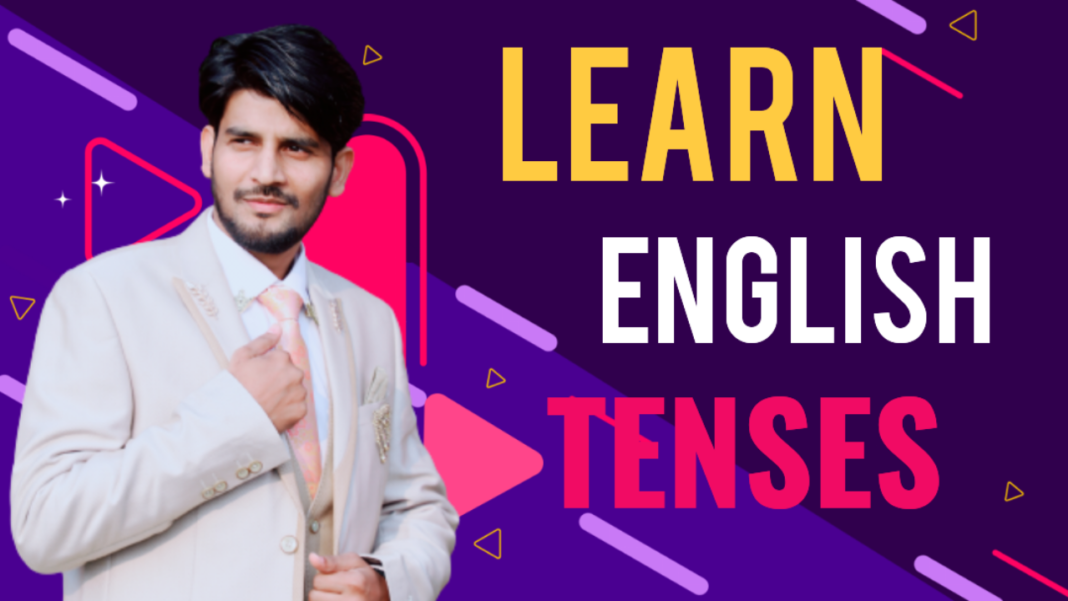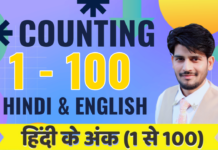| Tense | Past | Present | Future |
| Simple | Subject + V2 + Obj He drove a car उसने कार चलाई | Subject + V1 + Obj He drives a car वह कार चलाता है | Subject + will + V1 + Object He will drive a car. वह कार चलाएगा |
| Continuous | Subject + was/were + Ving + Object He was driving a car वह कार चला रहा था | Subject + am/is/are + Ving + Object He is driving a car वह कार चला रहा है | Subject + will be + Ving + Object He will be driving a car वह कार चला रहा होगा |
| Perfect | Subject + had + V3 + Object He had driven a car उसने कार चलाई थी | Subject + have/has + V3 + Object He has driven a car उसने कार चलाई है | Subject + will have + V3 + Object He will have driven a car उसने कार चलाई होगी |
| Perfect Continuous | Subject + had + been + Ving + Object He had been driving a car since morning वह सुबह से कार चला रहा था | Subject + have/has + been + Ving + Object He has been driving a car since morning वह सुबह से कार चला रहा है | Subject + will have + been + Ving + Object He will have been driving a car since morning वह सुबह से कार चला रहा होगा |
| Simple Present | Repeated Actions | |
| Facts or Generalizations | ||
| Scheduled Events in the Near Future | ||
| Now (Non-Continuous Verbs) | ||
| Past Continuous | Interrupted action in the past | |
| Specific time as an Interruption | ||
| Parallel Actions | ||
| Repetition and Irritation with “Always” | ||
| Present Perfect | Unspecified time before now | |
| Duration from the past until now (Non-Continuous Verbs) | ||
| Present Perfect Continuous | Duration from the past until now Recently, Lately | |
| Past Perfect | Completed action before something in the past | |
| Duration before something in the past (non-continuous verbs) | ||
| Past Perfect Continuous | Duration before something in the past Cause of something in the past |









